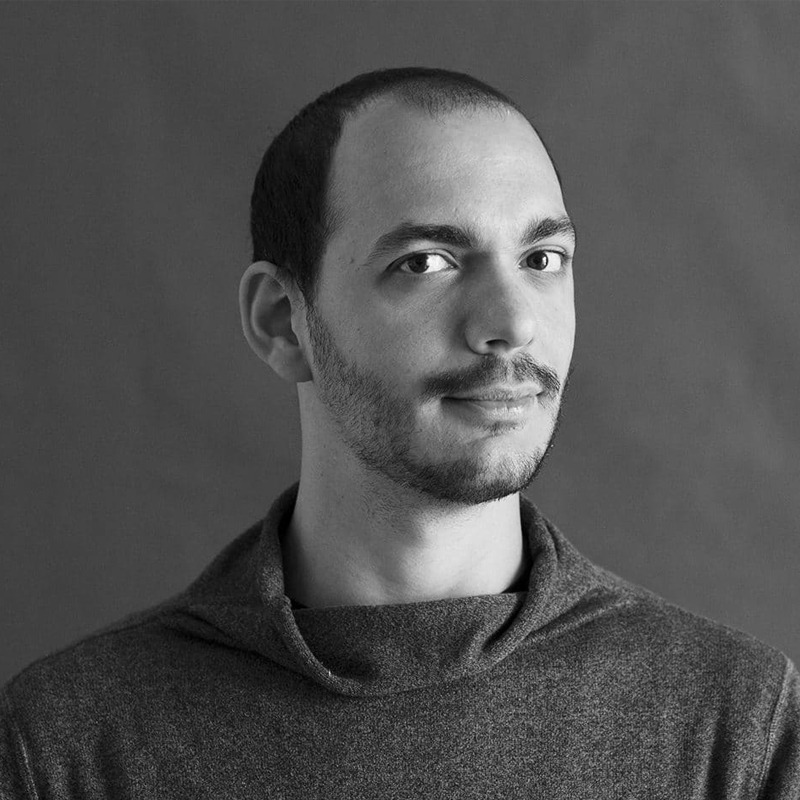Industrial design aims to materialize humanization through the creation of objects, processes, services, and experiences. This discipline not only shapes the present but also brings future visions to life. The curriculum for the Bachelor’s Degree in Industrial Design and Product Development includes courses focused on design specialization, innovation methodology, and business fundamentals. Our students and graduates have showcased their designs on international platforms such as WantedDesign (New York) and Milano Design Week (Italy), among others.
Types of logical and critical thinking
1º semester
Object semantics through visual codes
1º semester
Culture and technology in the modern and post-modern consumption era
1º semester
Idea conceptualization and representation through images
1º semester
The economic context of the globalization era
1º semester
Vector graphics and digital tools for drawing
11º semester
2D Visual model creation
1º semester
Formal research principles
2º semester
The role of photography in graphic design
2º semester
Product creation
2º semester
Graphic vocabulary of the architectonic drawing
2º semester
Methods and tools for project management.
2º semester
Software tools for object simulation.
2º semester
3D model construction.
2º semester
Research methods for field data investigation.
3º semester
Emotional design
3º semester
Design aesthetic objects with great emotional impact.
3º semester
Deepening of the design objects.
3º semester
Define and solve market groups
3º semester
Product representation techniques
3º semester
Construction of models and prototypes.
3º semester
Tools for interview protocol design
4º semester
Design experiences.
4º semester
Ergonomics to design consumer experiences.
4º semester
How to minimize the environmental impact of a product.
4º semester
Definition of market segments.
4º semester
Techniques for capturing ideas in 3D.
4º semester
Human interaction as a trigger for prototyping.
4º semester
Social and cultural conext
5º semester
Anthropometric and functional view of the users.
5º semester
Design of an inclusive worldview.
5º semester
Simulators and models of use for products.
5º semester
Partners and suppliers
5º semester
Basic tools for rendering objects.
5º semester
Design and construction of prototypes
5º semester
Techniques for participatory design and business management
6º semester
Interactive design.
6º semester
Elements of the interaction.
6º semester
Composition of objects.
6º semester
Economic and accountable aspects for design projects
6º semester
Scenario modeling
6º semester
Interactive prototype development
6º semester
Social, ethical and cultural aspects of any design project
7º semester
Design of systems for mobility
7º semester
Mobility opportunities.
7º semester
Design of technological artifacts
7º semester
How to manage a project
7º semester
Multimedia and animation techniques.
7º semester
Techniques for product development
7º semester
New business conditions in the global economy
8º semester
Tranform data into useful information
8º semester
Methods for result interpretation
8º semester
How to document a design project
8º semester
Personal strenghts and weaknesses
8º semester
Proposal evaluation and strategic project definition
8º semester
Tools for project experience evaluation
8º semester
Methods for concept synthesis
9º semester
General criteria for project validation
9º semester
Business models and result evaluation
9º semester
Our professors are recognized
professionals in their areas
and leaders with international quality.
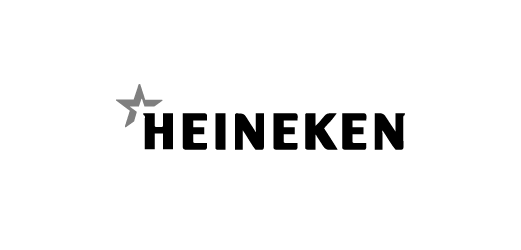
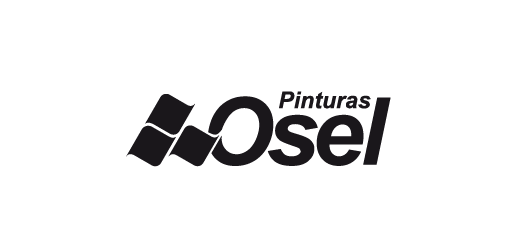
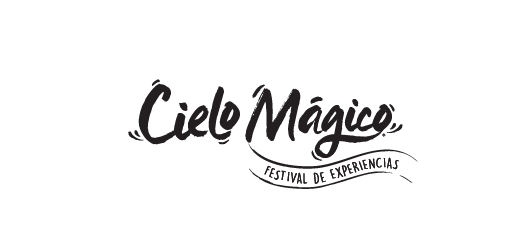
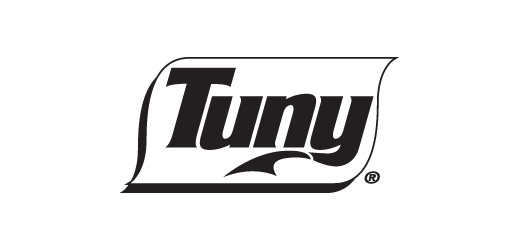
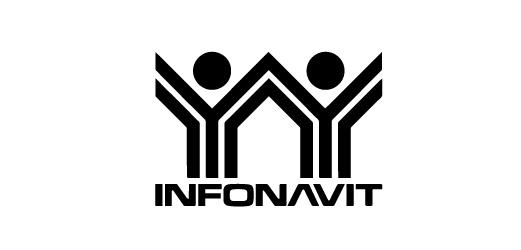
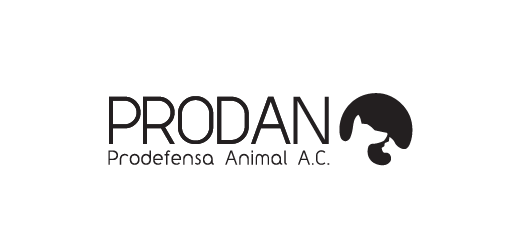
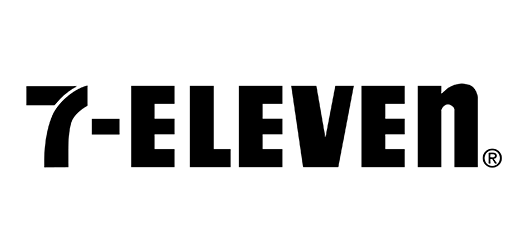
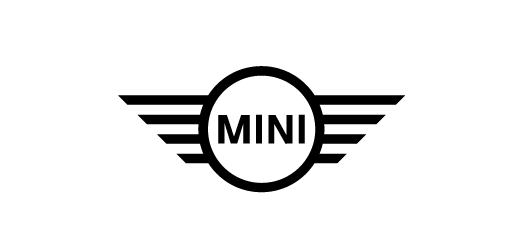
CAMPUS MONTERREY
Camino a la Huasteca No. 360,
Col. Mirador de la Huasteca,
Santa Catarina,
Nuevo León México C.P. 66354
Av. Santa Fe No. 170,
Col. Santa Fe, Álvaro Obregón,
Ciudad de México C.P. 01376
Antonio Dovali Jaime No. 70,
Col. Zedec Santa Fe,
Álvaro Obregón,
Ciudad de México C.P. 01210
T. +52 (81) 8262-2200 xt. 1385
Copyright 2024 CEDIM
Center of Higher Studies of Design of Monterrey S.C.
